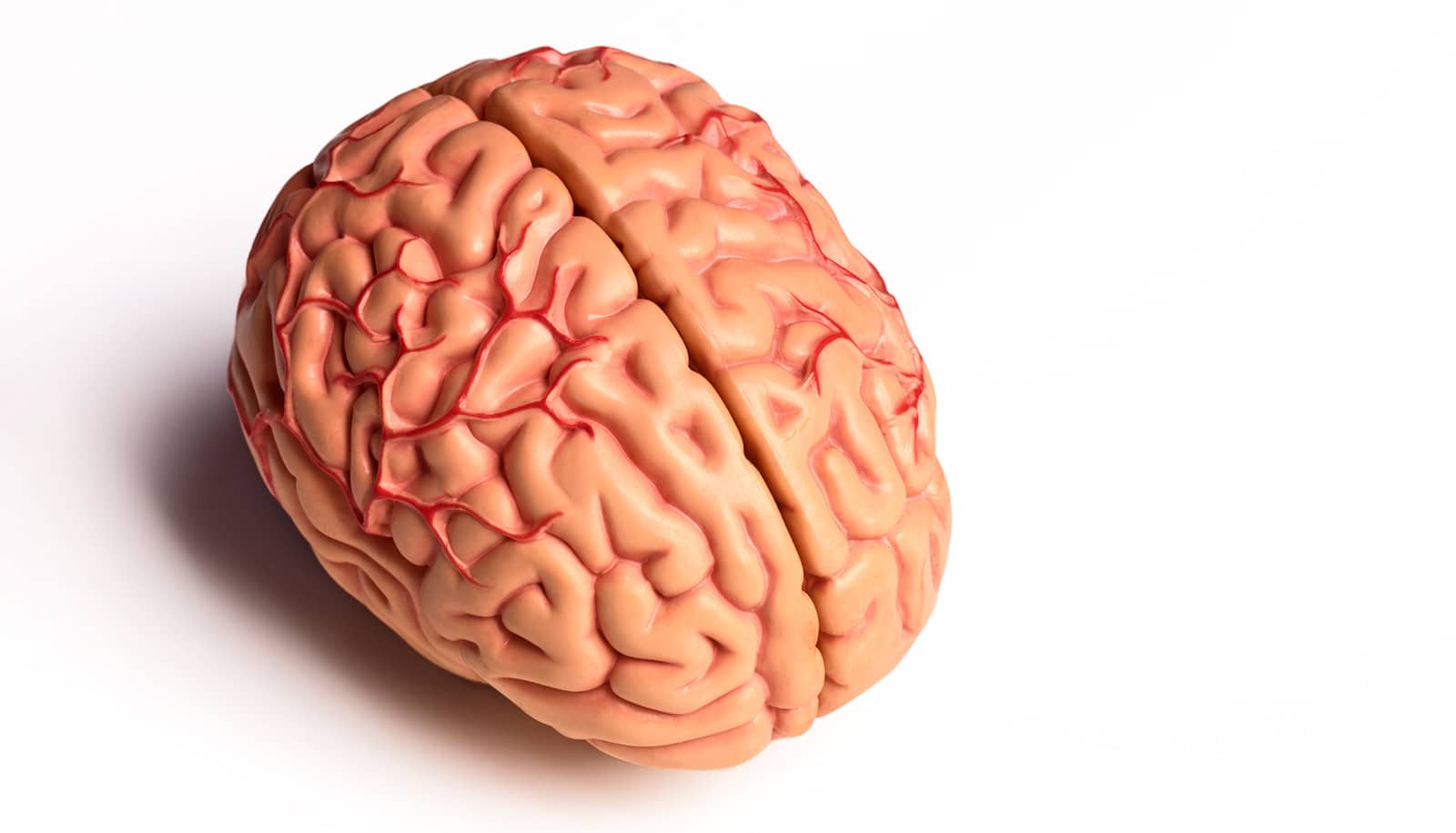A new study sheds light on how hormones influence decision-making and learning.
Researchers have long established that hormones significantly affect the brain, creating changes in emotion, energy levels, and decision-making. However, the intricacies of these processes are not well understood.
The new study by a team of scientists focusing on the female hormone estrogen further illuminates the nature of these processes.
In a series of experiments with laboratory rats, it finds that the neurological mechanisms underlying learning and decision-making naturally fluctuate over the female reproductive cycle due to previously undetected molecular changes related to dopamine, which broadcasts the “reward” signals that guide learning throughout the brain.
The work appears in the journal Nature Neuroscience.
“Despite the broad influence of hormones throughout the brain, little is known about how these hormones influence cognitive behaviors and related neurological activity,” says Christine Constantinople, a professor in New York University’s Center for Neural Science and the paper’s senior author.
“There is a growing realization in the medical community that changes in estrogen levels are related to cognitive function and, specifically, psychiatric disorders.”
“Our results provide a potential biological explanation that bridges dopamine’s function with learning in ways that better inform our understanding of both health and disease,” adds Carla Golden, an NYU postdoctoral fellow and the paper’s lead author.
The study, which also included researchers from NYU Grossman School of Medicine’s Neuroscience Institute and Virginia Commonwealth University’s pharmacology and toxicology department, examined the neurological activity of laboratory rats in response to a series of experiments.
In them, the rodents successfully reached a “reward”—in this case, a water source—after learning the significance of audio cues, which signaled the water’s availability and volume.
Overall, the rats’ learning capabilities were enhanced when estrogen levels were increased. This happens, the authors write, because estrogen boosts dopamine activity in the brain’s reward center, making reward signals stronger.
By contrast, when estrogen activity was suppressed, curbing its ability to regulate dopamine, learning capabilities were diminished—and pointed to a potential connection between hormone levels and symptoms of neuropsychiatric disorders. Importantly, the researchers note, cognitive decision making was not affected by estrogen activity—the effect was specific to learning.
“All neuropsychiatric disorders show fluctuations in symptom severity over hormonal states, suggesting that a better understanding of how hormones influence neural circuits might reveal what causes these diseases,” observes Constantinople.
Support for this work came from the National Institutes of Health, the National Cancer Institute, NYU Langone Health, and the Simons Foundation. The content is solely the responsibility of the authors and does not necessarily represent the official views of the National Institutes of Health.
Source: NYU



